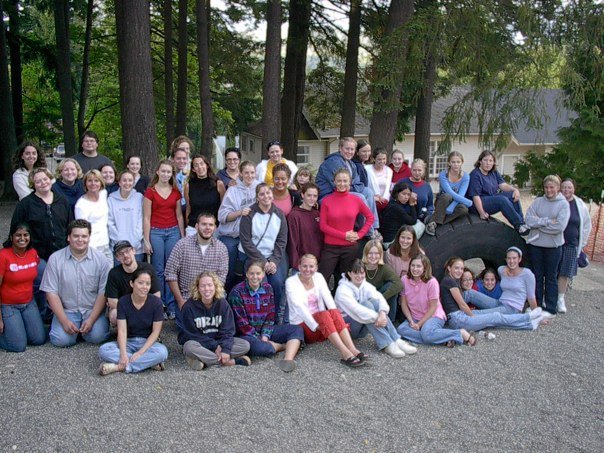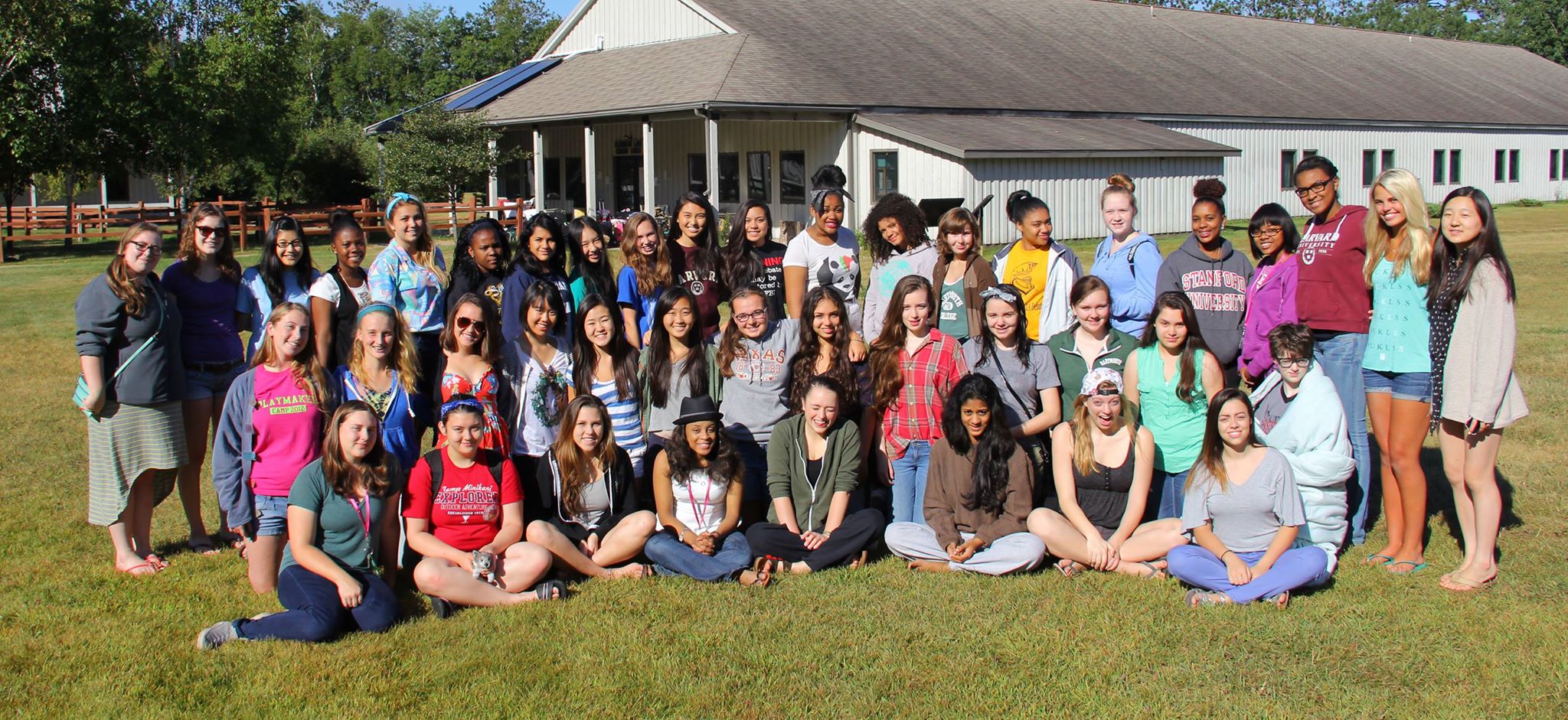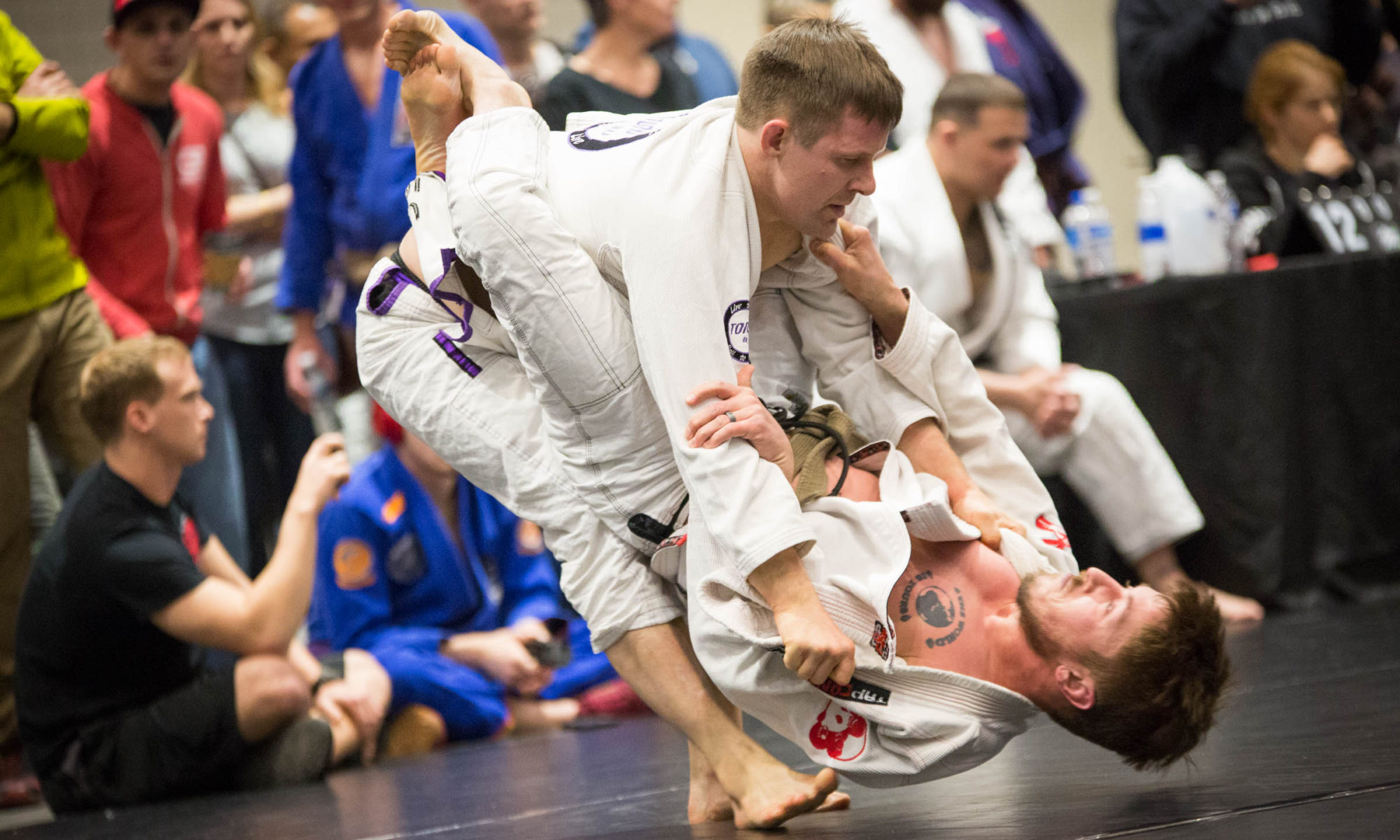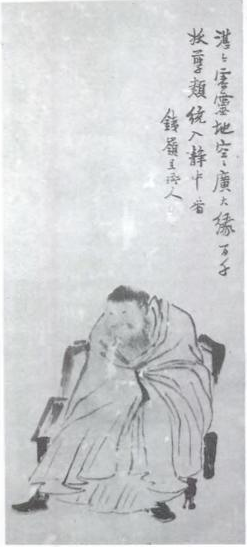James Quigg: Striking Transitions to Takedown
Martial arts is problem solving: James Quigg shows you how to use strikes to set up your takedowns, solving the problem of a standing opponent. Quigg makes his pro debut Feb. 20 in Georgia: get tickets at this link and use the promo code "Quigg." (And go to our live event May 1, for the love of all that is good and decent).http://ev9.evenue.net/cgi-bin/ncommerce3/SEGetEventInfo?ticketCode=GS%3AAUGUSTA!M%3AAEC16%3AMMA16%3A&linkID=m-global-augusta&shopperContext&pc&caller&appCode&groupCode=MMA&cgc
Posted by Dirty White Belt Radio on Wednesday, February 3, 2016
Making the Mind Empty in the Surf
Surfing and martial arts share much. Top-level practitioners, for one thing: a healthy percentage of the Brazilian black belts I met grew up surfing, and professional surfers like Joel Tudor have taken up the gi with great enthusiasm and success.
You can see why, since both arts require adaptability and grace in the face of powerful opposing forces. The ocean’s tougher than all of us.
Another point of commonality: the experience that surfers (and psychologists) call “flow,” that optimal experience of life. Jiu-jitsu people use the term “flow” sometimes, too, but it’s more typical in the circles I run in to hear it called “mushin,” a Japanese word that roughly means “empty mind.”
There’s really no experience like it. I got it when I was doing competitive debate during high school and college, and haven’t had it since — until jiujitsu.
Putting this type of experience into words is a weighty task. I won’t make too strenuous an attempt, because it seems contrary to the very notion of an empty, flexible mind. I’m merely going to describe how it seems to me during a perfect sparring or competition experience.
They come for you and grab you, hard. You off-balance them and then you’re on top and they don’t know what happened. Things are slow, slower than life ever is. They try to grip you again, and you watch their hand come open as it reaches for you. It could take what seems like a second or what seems like a year, and you know where on your body it will land precisely.
But you’re not there any more. The hand’s efforts are useless. Then you let them grip you, just to show them they shouldn’t grab you there, and suddenly they’re tapping.
I don’t use the word sublime a lot, but not much else qualifies. The world is gone. Life is right here.
***
We often talk about martial arts as a practice, and other disciplines from sporting to religious to philosophical use that same terminology. The end results you’re aiming for with these disciplines differ widely. It’s the practice that brings focus, clarity, and the ability to experience what we call flow. It took me years to get there in both debate and jiu-jitsu, and I’m certainly not there every session. But, as with yoga or music or whatever your art of choice is, it’s the practice that matters.
Buddhism talks about emptying the mind in the context of meditation. This is a painting by the Chinese artist Gao Qipei:
You’ll notice that a poem is inscribed at the top of the painting (about which there’s another fascinating story, involving Bertolt Brecht, but that’s for another time).
The poem is about using a quiet mind to tell the difference between good men and evil ones. Here’s a rough translation:
“The deep clarity of the empty mind
corresponds to the vast emptiness of the sky.
All these malicious and evil men
can be seen in the stillness of contemplation.”
There is a difference between using mental clarity in evaluating someone’s personal ethics and in knowing intimately whether the kimura is available, but how you get there is the same: slow progress over time, culminating in the acuity to know instinctively what to do when the time is right.
Besides, every discipline has different aims, some of which exist beyond good and evil. To paraphrase Ash from the Evil Dead films: “Good, bad. I’m the guy with the heel hooks.”
The idea of mushin is divergent from daily life experience for most of us. We work day jobs that require constant attention. Whether you’re sitting in an office or waiting tables, your mind is active and thinking about minute details. If the world slows down in these spots, it’s not because of the flow, it’s because the quotidian is making you watch the clock.
What does this all mean? It means that the New Year is almost here, and with it, I’m thinking my annual thoughts about what to improve during the next trip around the sun.
I always play the Lawrence Arms song “100 Resolutions” at this time of the year, because the chorus is something to aspire to. You can see why it’d make me think of mushin:
This year I’ll try not to think too much.
This year I’ll try to stand up for myself.
This year I’ll live like I’ve never lived before.
This is my year, for sure.
https://www.youtube.com/watch?v=pBQc4fwj33c
This year I’ll practice more. Not just jiu-jitsu, but all the things that get me away from clock-watching and toward quiet. This year I’ll flow more and force things less, and I’m not talking about while rolling. The world will always make waves in my life, but I will learn to surf them better.
These are all things I wish for you, too. Happy New Year, everyone.
Peace on Earth, Goodwill Toward All
Have you ever seen the spy comedy “Sneakers,” starring Robert Redford and a stellar ensemble cast?
I won’t entirely spoil it for you, but the good guys win, and as part of their victory, they are able to extract certain promises from an agent of the US government, played ably by James Earl Jones. Some ask for favors for themselves, small or large. One member of the protagonist team, the blind Whistler, asks for something different. He asks for “peace on Earth, and goodwill toward men.”
It’s a great phrase, despite its use of “men” as a generic for “people.” The phrase is drawn from the King James Version of the Bible, and is used in Christmas Carol. I’m a secular person, but it’s tough to deny the power of ritual and symbol, especially when it’s supposed be used to build togetherness. When the holidays work right, whatever your faith tradition, they make you happier than you were before, remind you of your connection to your fellow humans, and make you grateful for all you have in your life.
Yet the holidays can be a tough time for people, religious and secular alike. Not everyone has a family experience that resembles a heartwarming film. Not everyone has the capacity to celebrate. And while religious texts are supposed to be preaching unity, it seems like all we see in headlines is division. During these holy days, this seems wrong.
I have a charity project or two that I’m not quite ready to announce yet. But it’s Christmas Eve, and the project might be thematically related to this, so I want to say something about it. Also, I want to do my part in reminding you that while people are capable of doing great harm, we’re also capable of incredible acts of compassion, self-sacrifice, and love.
All I can say about the project at this time of year is this: When I think about the world’s religions — and, in fact, the world’s people — here’s what I want to be thinking about.
- The Kenyan Muslims that shielded Christians last week during a bus attack, declaring that the militant attackers should “kill them together or leave them alone.” Or, going back further, Adb el-Kader, the hero of the massacre of Damascus.
- Sgt. Roddie Edmunds, a Christian who told a bunch of Nazis that his unit were all Jews so his brothers in arms wouldn’t get sent to death camps.
- The Jews of Sarajevo, saving members of the other Abrahamic faiths.
These stories have a common thread: at enormous personal risk, human beings stood up to protect others who were ostensibly not like them. That’s powerful. Like I said, I’m an avowed secularist, but these examples weren’t hard to find, either. Human history is replete with stories like this, of those truly courageous souls who welcomed the stranger and chanced losing their lives — in many cases, to save someone they didn’t know.
Look in all the holy books, too. You’ll find it. Love your neighbor as yourself. Whoever kills an innocent will be regarded as a murderer of all humanity. What is hateful to yourself, do not do to your fellow human.
That’s not about the specific religion, of course. It’s about the people, and the way we interpret text. If you’re looking for excuses to hurt people, you’ll find them. (Truth be told, I wish you wouldn’t). If you’re looking for reasons to see the better angels of our nature, I hope you find that, too — whatever your faith or lack thereof.
One of the things I love most about jiu-jitsu is that it, too, can be a unifying force. I believe that, or I wouldn’t be doing it. That’s a hint about the project, too. We should find more items of significance that unify us.
Everyone has difficulties that come into their lives, and this time of year can amplify those feelings in the same way that it can amplify good feelings. You might not be in a war zone at this time of year, and I hope you aren’t, but you don’t have to be in order to make a real difference in someone’s life. That same King James Bible, I recall, has some passages about giving gentle answers, turning the other cheek and loving those who might consider themselves your enemy.
My New Year’s Resolution is to respond to hard things by getting kinder, and by thinking about new ways to help the world. This is easy to say. Harder to do. Like most hard things, it’s worth doing. Jiu-jitsu is like life: it’s a constant struggle between what’s right and what’s easy.
I want peace on Earth and goodwill toward men. I want us to do that and I believe that we can.
Happy holidays, y’all.
The Most Important Thing I’ve Done With My Life
This post is not about jiujitsu except in the most tangential of ways, but it is timely and important to me. I hope you enjoy it anyway, and if so moved, you click through and take 2 minutes to register your vote, which is absolutely free and generates no spam. I would also love it if you would share. Thank you!
I started doing debate in 1989 at Canby High School in Oregon. Debate taught me to think, to work hard, and to listen to other people.
For a lot of other debaters, this turns them into lawyers. Me, it turned me into a journalist and, later, a public relations person for social justice causes (among other things).
If there is a common thread to my delightfully odd life, it comes from debate: you identify a problem. You think about what you can do to help, listening to the smartest folks you can find along the way. And you do what you can. This isn’t so different from what animates me about jiujitsu, now that I think about it.
That’s more or less how the Women’s Debate Institute started.

When I was coaching high school debate in Washington, we had amazing young women debaters in the state … and they almost all quit debate after a few days, or weeks, or months. I thought about that human potential and how valuable debate could have been for these folks that were, for one reason or another, leaving the activity in droves. I’ve been a feminist for as long as I can remember (being the only male child of a single mom can do that to you), and it seemed like a crime to let this keep happening.
That was in 2000. Almost 15 years later, a bunch of fantastic people have helped WDI grow beyond my wildest dreams. Improvements I couldn’t possibly have envisioned, other folks made happen.
Debate camps typically cost thousands of dollars, excluding the very populations for whom debate is most beneficial. It was always important to me to keep the camp affordable, and we did. But the team that took the reins was able to raise enough money to do national outreach and make the camp free. Free!

The lesson, for me: No one of us is as smart as all of us. No individual is capable of what we’re capable of together.
Debate’s transformational power can’t be overstated. I probably would not have gone to college without it. Through WDI, hundreds of young people have had this and other doors opened to them. Where there was tremendous need, we’ve made incredible strides.
I’ve been really lucky over the course of my 40 years on this planet: I’ve lived and worked in incredible places and met a ton of wonderful people, people I’m in awe of.
But WDI is the best thing I’ve ever done with my life, and it’s populated with some of the most impressive people I’ve ever met, and I’m proud to still be a small part of it.
I could tell you hundreds of WDI stories. Instead, though, I’m going to ask you for your help. It will take you two minutes, won’t cost you anything and won’t get you spam.
Sometime between now and the end of Thursday night, please vote for us to receive a $10,000 grant. You can vote once just by clicking and have your vote count three other times by sharing on Facebook, Twitter and via email. This grant is almost one-fourth of our budget, and will enable us to bring in deserving students from all around the country to learn — for free — from debate’s top minds.
To make an analogy, imagine getting to train with Rickson Gracie, the Mendes Brothers and Marcelo Garcia — as a teenager. For free. When you never thought anything like that was possible before. Imagine how much that would change your life.
Now imagine you could make that happen for someone else with a few clicks of the mouse.
Wouldn’t you do it? Won’t you?

